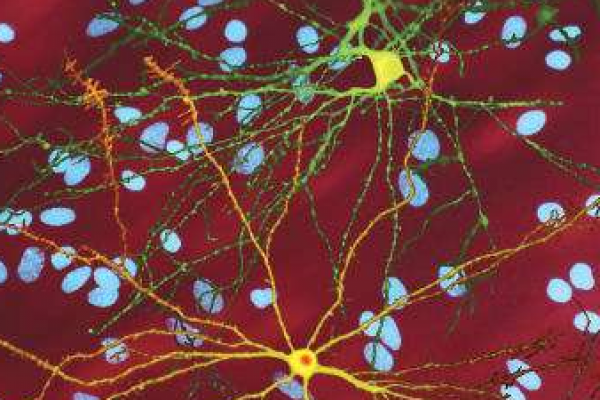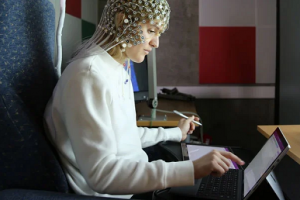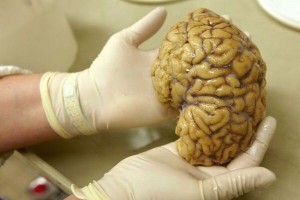The brain's support cells show defective development in Huntington's disease
The neurological disorder Huntington's disease causes behavioural and motor changes, which among other things are a result of dysfunctional maturation or...
The neurological disorder Huntington's disease causes behavioural and motor changes, which among other things are a result of dysfunctional maturation or formation of glial cells, the brain's support cells, researchers from the University of Copenhagen demonstrate in a new study based on mouse trials. The researchers' long-term goal is to be able to use the research results to develop a treatment for Huntington's disease using glial cells.
The glial cells, play a main role in the development of the genetic brain disorder Huntington's disease, for which there is currently no treatment. In a new study, an international group of researchers from the Faculty of Health and Medical Sciences at the University of Copenhagen, among others, has now mapped important, hitherto unknown mechanisms in glial cells in a brain suffering from Huntington's disease. The new research results have been published in the prestigious journal Cell Stem Cell.
continue reading here.





Related Posts